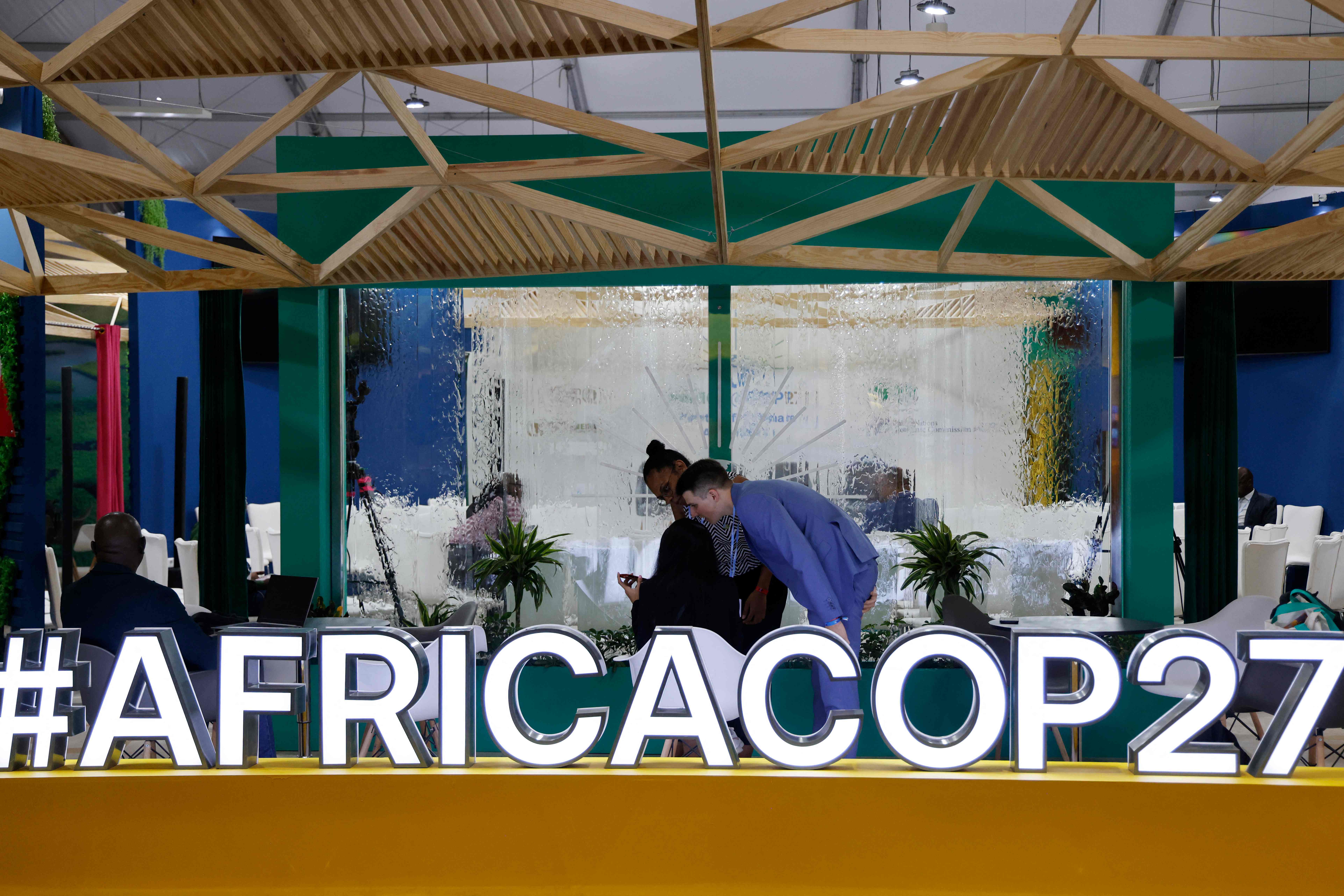Cop27 must be about implementation – anything less would be shameful
Editorial: The global North needs to hear the voices from the global South and act with speed and decisiveness to cut emissions

The importance of the 2022 UN Climate Change Conference, Cop27, in Egypt cannot be overstated.
The World Meteorological Organisation, the UN’s weather and climate body, on Sunday released its annual State of the Global Climate report which stated that the target to limit temperature rises to 1.5C was “barely within reach”.
The United Nations warned last month that there is “no credible” pathway in place to rein in global temperature rise to 1.5C degrees, and only “root and branch” transformation can save the planet from disaster.
Pursuing efforts to limit the temperature to 1.5C degrees and “well below” 2C degrees was the agreement that came out of the landmark conference in Paris in 2015, and the conference held in Glasgow last year aimed at keeping that target alive. The disappointment was clear when Alok Sharma, the president of that 26th conference, said that it did so but “with a weak pulse”.
It is obvious that the same cannot happen again, that we cannot keep kicking the can down the road. The watchword now is implementation. In the words of John Kerry, the US special climate envoy: “The purpose ... is to make sure the promises that were made in Glasgow are actually being pursued at the pace they need to be pursued.”
The location of this year’s summit, in Sharm el-Sheikh, may focus minds. Many countries in Africa are on the front line of the climate crisis. To mark the start of Cop27, we publish five pieces from climate activists who see this first hand. For example, Abigael Kima and Elizabeth Wathuti who write about the impact of drought in Kenya. One of the threads running through all four pieces is the call for climate justice.
One of the symbols of the slow pace that nations are taking action is the “Green Climate Fund” – an agreement from Paris that richer nations would send an annual $100bn a year from the years 2020 to 2025 to support other nations in cutting emissions and preparing for the impacts of climate change. That target has not yet been met, although projections indicate the commitment could be hit in 2023.
As our writers make clear, this is not climate justice. Climate justice is keeping promises that have been made and ensuring nations in the global South have the resources and support to make the changes that are necessary.
To keep up to speed with all the latest opinions and comment, sign up to our free weekly Voices Dispatches newsletter by clicking here
This climate crisis is about everyone – but countries across Africa and others around the world bear the brunt of inaction, while often having contributed comparatively little towards global warming. It is a situation that cannot be ignored or sidelined, as it so often has been.
Last year, the UK government took on the role of host and placed Britain at the heart of the conference. During the next couple of weeks of meetings and negotiations in Egypt, we need to keep pressing and not shirk our own responsibilities.
As a whole, the global North needs to hear the voices from the global South and act with speed and decisiveness to cut emissions and provide the support so desperately needed. Anything less would be shameful.



Join our commenting forum
Join thought-provoking conversations, follow other Independent readers and see their replies
Comments